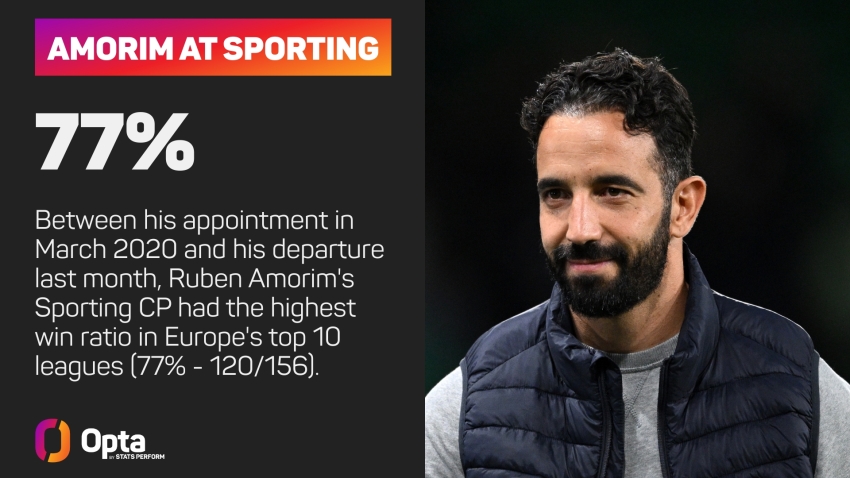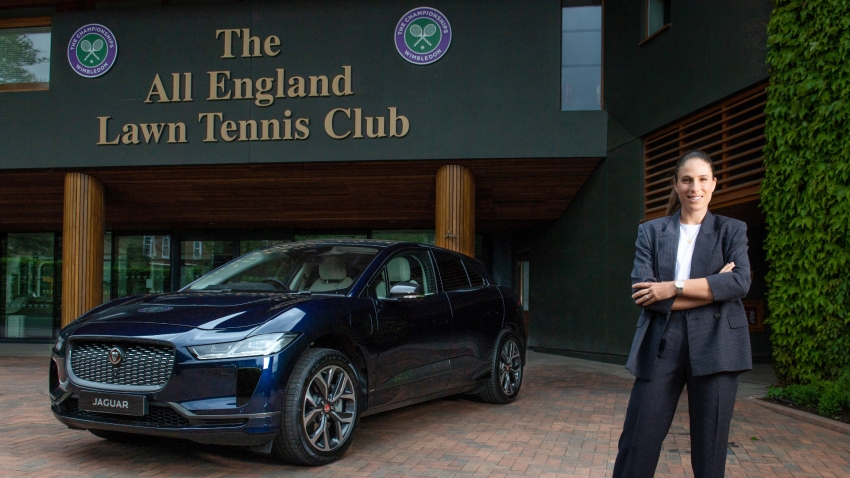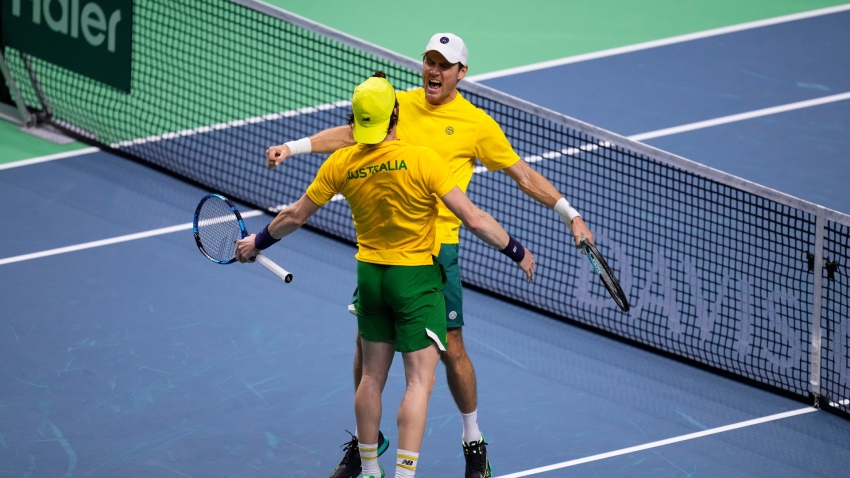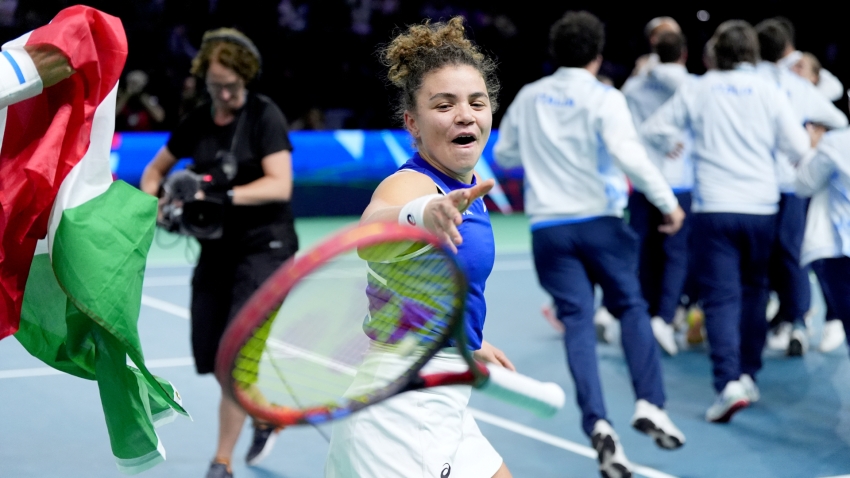Britain's biggest hope for Wimbledon glory believes All England Club absentee Naomi Osaka deserves admiration for her impact on and off the court this year.
Johanna Konta beat Osaka three times before the Japanese player went on a stratospheric rise, and she still holds that 3-0 record, given the pair have surprisingly gone four years without facing each other on tour.
While Konta will bid to become a first British champion in the Wimbledon women's singles since 1977 winner Virginia Wade, superstar Osaka has elected to skip the grand slam which begins next Monday, just weeks after withdrawing from the French Open.
Osaka is the reigning US Open and Australian Open champion, but she abandoned her Roland Garros campaign on May 31 after a first-round win and revealed a long-endured battle with depression.
She made that announcement a day after the grand slams warned she could be thrown out of their tournaments for repeatedly skipping mandatory post-match media duties, with Osaka receiving messages of support from the likes of Serena and Venus Williams and Billie Jean King.
The 23-year-old had already declared she would not take part in media conferences during her stay in Paris for the sake of her mental health, questioning the set-up of such interviews and why sporting bodies insist stars must always take part. She faced criticism from some quarters but has started a wider, valuable conversation about how athletes are treated.
Osaka, who last year was ranked by Forbes as the highest-paid female athlete in world sport, has been a powerful and uncompromising voice on race and gender inequality issues, with Konta impressed by the impact such a young player is having.
"As a tennis player she's a four-time grand slam champion already, so she's an incredibly gifted, good tennis player and she is reaching the results that prove that as well," said Konta, a Jaguar ambassador.
"I think for the game, she'll probably be around and be successful for quite some time to come.
"She has a big passion for social movements and current social matters and she feels empowered by using her voice in ways she feels is beneficial to things that she believes in and that's her prerogative to do so.
"And I think that as long as people stay authentic to themselves and what they believe in, I think they make the biggest positive impact they can, and that is the rule of thumb that she's following.
"Obviously a lot of people will find a lot of solace in someone as successful as her talking about things that maybe they experience but don't have the sort of social platform or, I guess, strength of voice to be able to put it in the public domain. Kudos to her for being true to herself."
Konta's wins over Osaka came at the second-round stage of the 2015 US Open, the same round at the 2017 Australia Open, and later in 2017 in Stuttgart.
Their next meeting could come at the Tokyo Olympics, with both planning to take part, Osaka hoping to strike what would be a famous gold for Japan.
The best tennis of Konta's 2021 season so far saw her land a grass-court title at the Nottingham Open this month, becoming the first British woman to win a WTA singles tournament on home soil since Sue Barker did so at the Daihatsu Challenge event in Brighton in 1981.
It gave Konta a first trophy since winning the Miami Open in 2017 and a fourth career title, with the former world number four hitting her stride in timely fashion ahead of a Wimbledon tilt.
For any British player at Wimbledon, attention can be intense, but that is particularly the case for the few who have enjoyed success on a scale Konta has experienced, reaching the semi-finals in 2017 and getting through to the quarters two years ago, the last time the tournament was held.
She has found ways to alleviate the pressure from her own perspective, explaining how she took the heat out of situations so successfully in previous championships.
"Playing in 2017 and getting to the semis there, I didn't feel too overwhelmed by attention," Konta, 30, said in an interview with Stats Perform.
"I think attention can only be too overwhelming if you put yourself in the position where you are looking for it and acknowledging it.
"For me, I would wake up, have breakfast, get in my own car and drive myself to the site, warm up and play my match and do the media and all that, then I'd get in my car and come home, have dinner, watch a series or watch a film, but I wasn't spending my time on social media, I wasn't watching the news, I wasn't really doing too much.
"The only time I noticed that things were happening was when I needed to pop to the supermarket to get some food, and all the newspapers that were there had my face on them, so that was an interesting one."
:: Johanna Konta is a Jaguar ambassador. Jaguar is the Official Car of The Championships, Wimbledon. To discover Jaguar’s unmatched experiences visit jaguar.co.uk/Wimbledon































